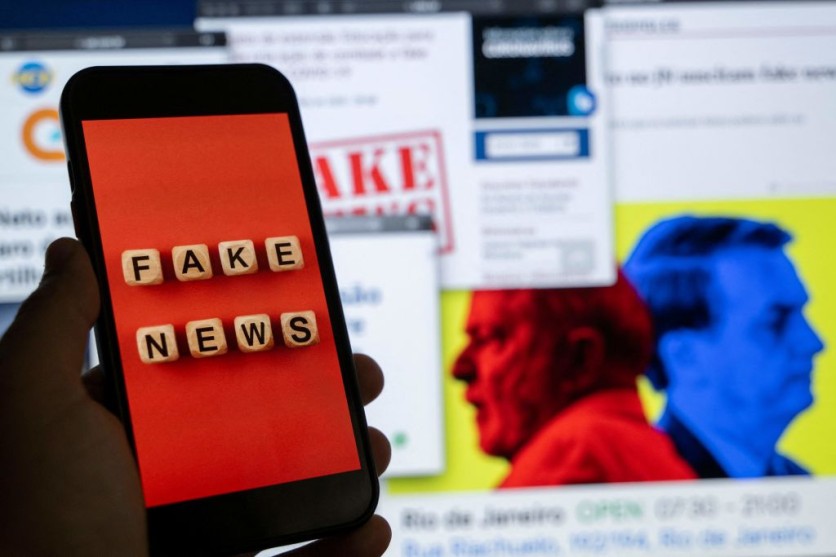US intelligence officials have warned of heightened foreign disinformation campaigns ahead of the 2024 presidential election.
The US officials tracking such campaigns said they have issued more warnings to political candidates, government officials, and other foreign group targets in recent weeks.

US Officials on Heightened Foreign Disinformation Campaigns
On Wednesday, an official from the Office of the Director of National Intelligence cited intensified efforts to counter operations of foreign adversaries focused on influencing the election's outcome.
Specific details were not disclosed, but the official said the number of disinformation campaigns increased because "presidential elections draw more attention from our adversaries," the Associated Press reported.
According to AP, lawmakers across the political spectrum are increasingly concerned about the nation's readiness to combat foreign disinformation ahead of the presidential election.
They are particularly worried about how such tactics undermine voter confidence in democratic processes. There are also doubts about whether the federal government can effectively issue timely warnings to voters about foreign attempts, especially by nations like Russia and China, to manipulate American politics through disinformation campaigns.
Misinformation campaigns involve spreading false or exaggerated claims and propaganda to mislead voters about candidates, issues, or elections. They also use social media and digital content to intimidate voters or provide inaccurate information about election processes, aiming to suppress voter turnout.
Read Also : OpenAI Bans Dean. Bot's Developer, a ChatGPT-Powered Presidential Candidate Impersonator Bot
Expanding Beyond Traditional Adversaries
Authorities reported that countries engaging in these campaigns range from well-known adversaries such as Russia, China, and Iran to emerging actors like Cuba. Additionally, there are signs that some nations aligned with the US may also attempt to sway voters through similar tactics.
One official highlighted Russia as the primary concern, emphasizing its goals to undermine public backing for Ukraine and sow distrust in American democratic institutions.
Officials noted that China approaches online disinformation campaigns cautiously, wary of potential repercussions from the US. In contrast, Iran is viewed as a disruptive force willing to test online methods to provoke voter outrage and potentially incite violence.
Officials declined to disclose the exact number of private warnings issued to candidates, political organizations, or local election offices. These warnings are issued following a consensus among intelligence officials from various agencies that an influence operation could influence election outcomes or hinder voter participation.
An official explained that notifications are provided only when the operation can be traced back to foreign entities, enabling the targeted individuals or groups to adopt defensive measures.
The rise of sophisticated artificial intelligence (AI) technology presents a growing concern. Adversaries increasingly utilize AI to create convincingly realistic images, audio, and video that can easily deceive voters.
Instances of AI manipulation have surfaced ahead of elections in India, Mexico, Moldova, Slovakia, Bangladesh, and the US, where voters in New Hampshire received AI-generated robocalls mimicking President Joe Biden's voice.
Related Article : 70 Countries Now Affected By Organized Social Media Manipulation, 150 Percent More Than 2017






